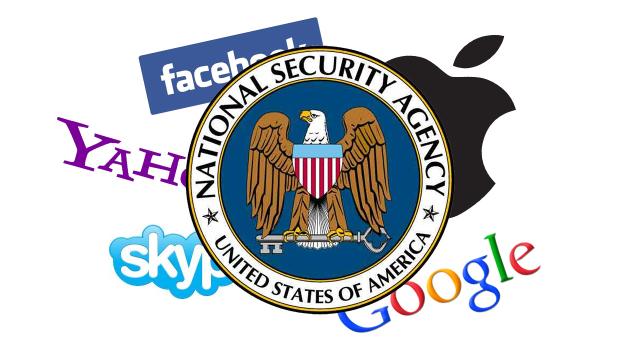Apple. Facebook. Google. Microsoft. Yahoo. AOL. YouTube. Skype. PalTalk. The tech companies that have been associated with PRISM have all unequivocally denied involvement with the spying program. But are they speaking the whole truth? Or are they simply using choice words to evade the real question? It definitely doesn’t look like the whole truth.
When news first broke about PRISM, the tech giants quickly denied their involvement focusing on a specific phrase from the report: “direct access”. They all pretty much denied that aspect of the report and brought up that they never even heard of PRISM. The companies all said the same thing, that they never gave the government “direct access” to their servers.
Here’s what Apple told CNBC:
Apple to @CNBC: “We have never heard of PRISM. We do not provide any government agency with direct access to our servers..”
— CNBC (@CNBC) June 6, 2013
Here’s what Mark Zuckerberg wrote for Facebook about PRISM:
Facebook is not and has never been part of any program to give the US or any other government direct access to our servers.
And it goes on and on like that for every tech company associated with PRISM. But it looks like the tech companies may be lying about their involvement, or at the very least being extremely evasive and interpreting every word in the report about PRISM as literally as possible and denying any punctuation mark they can. It’s not unlike thinking you’re winning an argument by screaming louder about something completely different.
The New York Times is reporting that though most of the tech companies resisted involvement with PRISM (fine, the companies might have not known it was actually called PRISM), they eventually fell in line with the government. And though they might not have given the government direct access, Facebook and Google planned to build ‘secure portals’ for the government. Specifically:
In at least two cases, at Google and Facebook, one of the plans discussed was to build separate, secure portals, like a digital version of the secure physical rooms that have long existed for classified information, in some instances on company servers. Through these online rooms, the government would request data, companies would deposit it and the government would retrieve it, people briefed on the discussions said.
So, um, maybe these companies weren’t giving direct access to the government but they sure were making it dead easy for the government to take their data. It’s like if I said I wasn’t involved with my house getting robbed but I gave the robbers the keys to the storage unit that held everything my house had. I’m not exactly letting them in my house but all the stuff is still gone. And that seems to be the focus of the tech companies.
Twitter, interestingly, never agreed to (as far as we know) working with PRISM. Though handing over data to the government in response to a FISA request is a legal requirement, making it easier in a set up like PRISM is not. [NY Times]
